Quest will never catch up to Apple Vision Pro because of Google
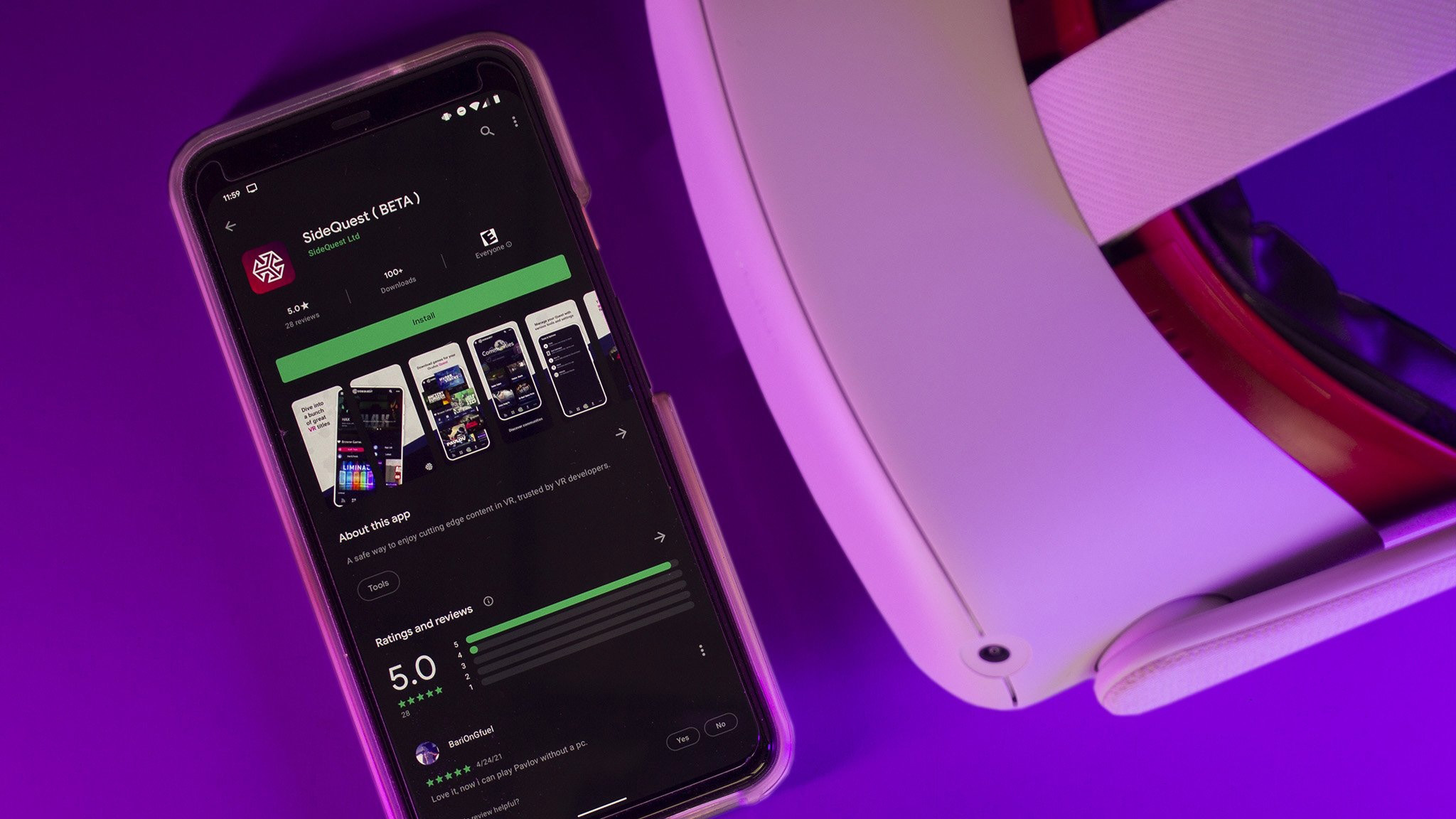
This past week, Apple stealth announced that Apple Vision Pro will be automatically compatible with nearly all iPhone and iPad apps without developers having to do anything. That's an incredible achievement when launching a new platform, made possible because Apple owns and controls the entire app stack from top to bottom.
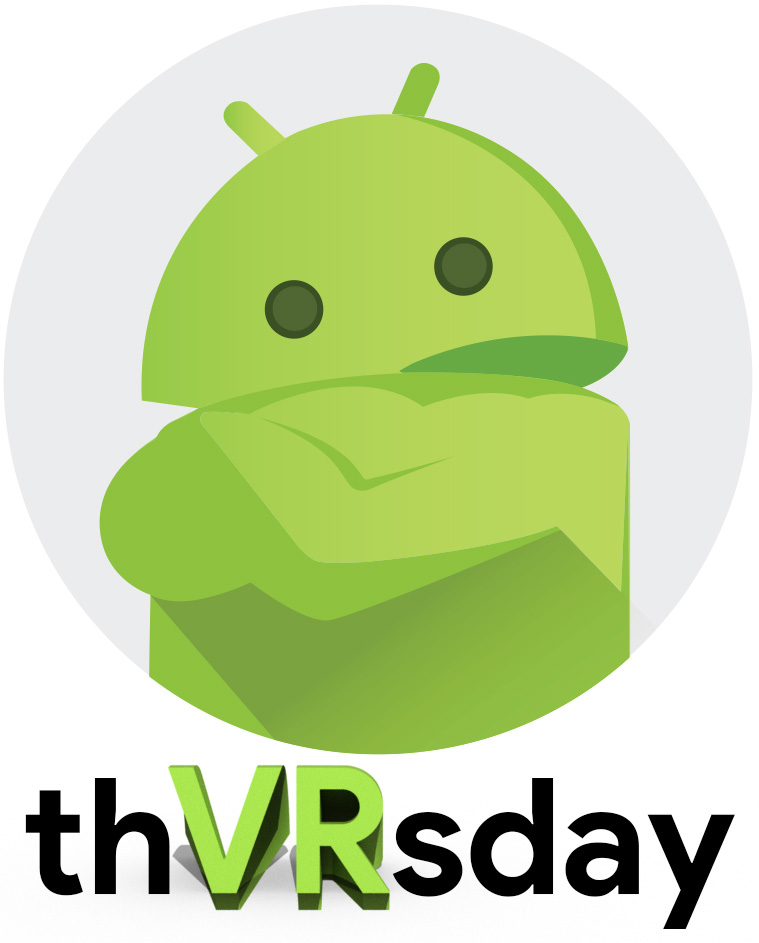
In his new weekly column, Android Central Senior Content Producer Nick Sutrich delves into all things VR, from new hardware to new games, upcoming technologies, and so much more.
"But Quest has been able to run every Android app in existence since the product's inception in 2019," you say. Yes, technically, you can sideload any 2D app onto a Quest, not just the small list of official 2D apps. But there's one huge problem that this doesn't consider: there's no Google Play Store on headsets like the Meta Quest 3.
That might not seem like a problem on the surface. Google Play Store is just a marketplace, right? The real issue is that Quest headsets don't have Google Mobile Services (GMS) and almost certainly never will. Because of that, there's almost certainly no reality where Quest headsets will ever have full access to all Android apps the way an Apple Vision Pro headset has access to iOS apps.
Play, Google, Play
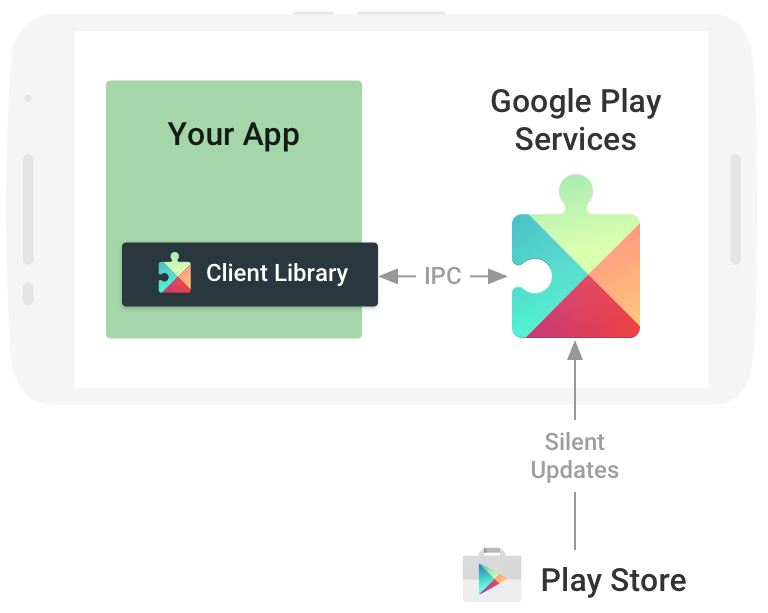
GMS is at the core of how many apps on Android function, and they're entirely reliant on Google and its cut of the revenue pie. It's one of the many hidden aspects that runs behind the scenes on all Android phones — not just the best Android phones — and guarantees that everything from important security patches to great new features is on devices that run even "old" versions of the OS.
GMS is required in order for the Google Play Store to work. It's why even the best Chinese phones aren't useful in the U.S. — because most of them don't ship with GMS pre-installed, and you cannot manually install it in many cases.
Apple controls the app store on all of its platforms, while Meta and Google would have the split the profits from sales.
And while Meta uses Android to power its Quest headsets, it doesn't tap into the power of Google's backend software to drive the experience. This is great for Meta's ability to make key platform updates on its own schedule without having to verify things still work on Google's end. The problem is that it can't just use apps from the Google Play Store as if the Quest were an Android phone or a tablet.
Meanwhile, Apple's developer blog specifically states that "customers will be able to use [iOS] apps on visionOS early next year when Apple Vision Pro becomes available."
Get the latest news from Android Central, your trusted companion in the world of Android
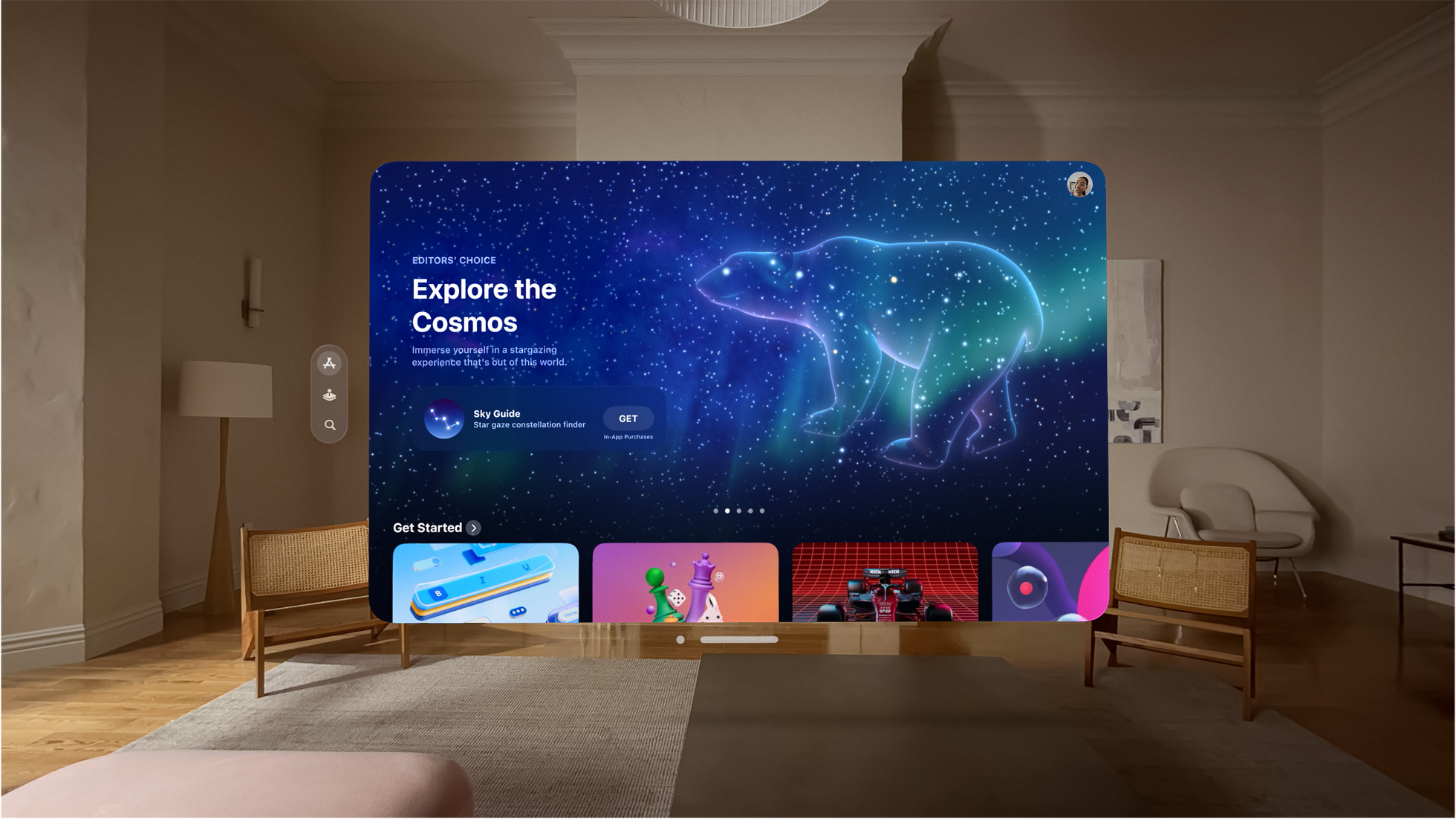
That's a huge blow to Meta, which has been trying to get more 2D apps on its Quest store since the Meta Quest Pro launched last Fall. Meta started work on 2D apps long before the Quest Pro debuted, but the fact still remains that little progress has been made since the company began trying to push XR as a means of working remotely — something that certainly should have helped spur on more app development.
At this time, app developers need to specifically port their apps over from Google's version of Android — that's the one that ships on Android phones and tablets with GMS pre-installed — over to Meta's version of Android built specifically for Quest headsets.
If we've learned anything over the years, it's that Android app developers have little to no incentive to develop apps for different form factors, even if Google really goes out of its way to try to encourage them.
No solution in sight
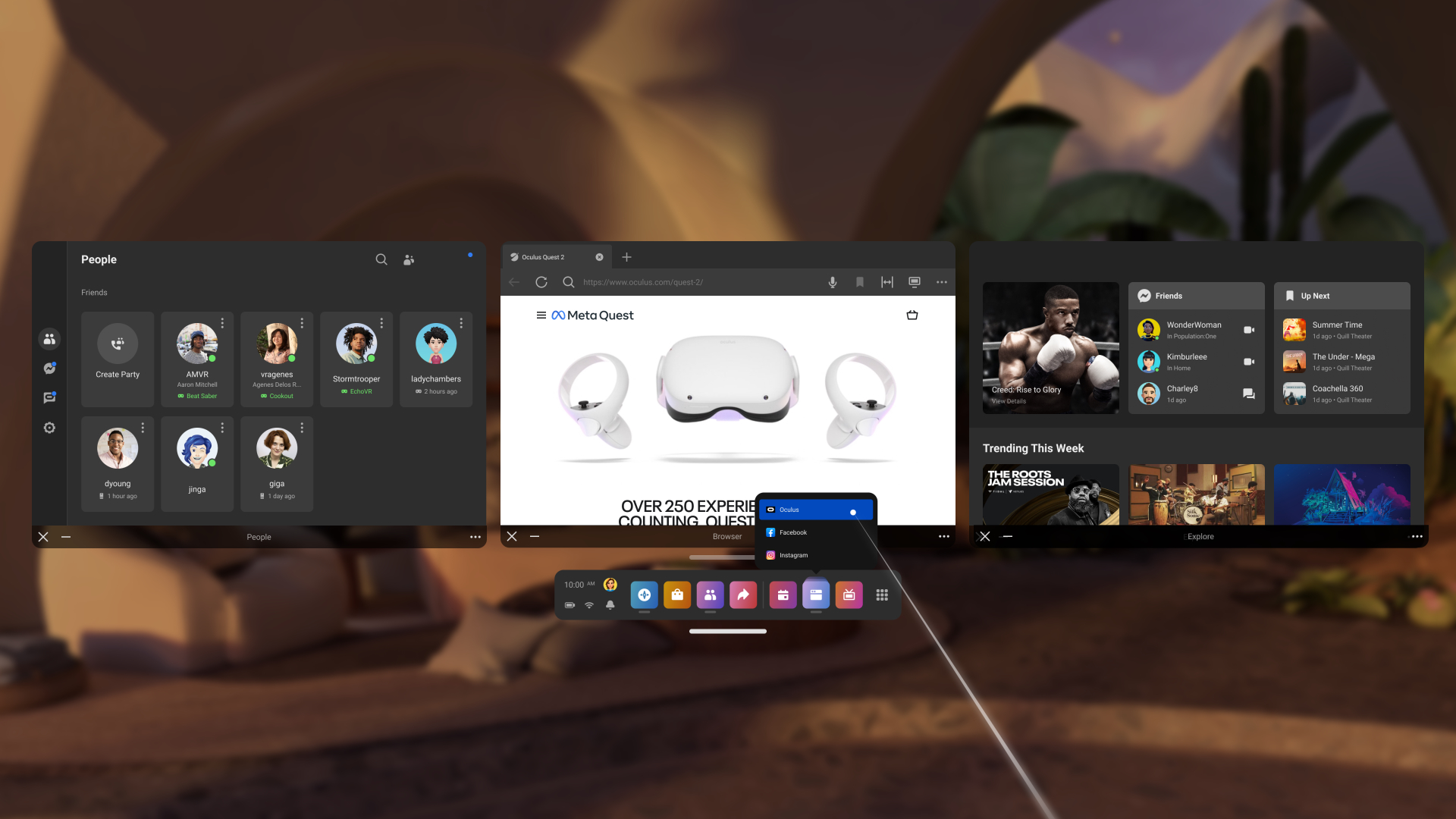
As much as I'd love to paint a rosy picture of the future, there's simply no way to fix this problem without Google and Meta agreeing to put GMS and the Google Play Store on Quest headsets.
If you weren't already aware, companies like Google, Apple, Meta, and many others generally take a 30% cut of any sale made through their app stores. So, when you buy one of the best Quest games, 30% of what you spend goes directly to Meta, while the other 70% goes to the folks who made the game.
The reality is that Meta is still burning money every quarter on its Reality Labs R&D, the group behind AR, VR, AI, and just about everything else experimental at the company. Because of that, it's very unlikely that Meta would be willing to sign an agreement that would split app profits with a company like Google.
But if Meta and Google could come to some sort of agreement, it could open up a huge world of opportunity for app developers to include yet another platform for sales without having to do any extra work to get it done.

